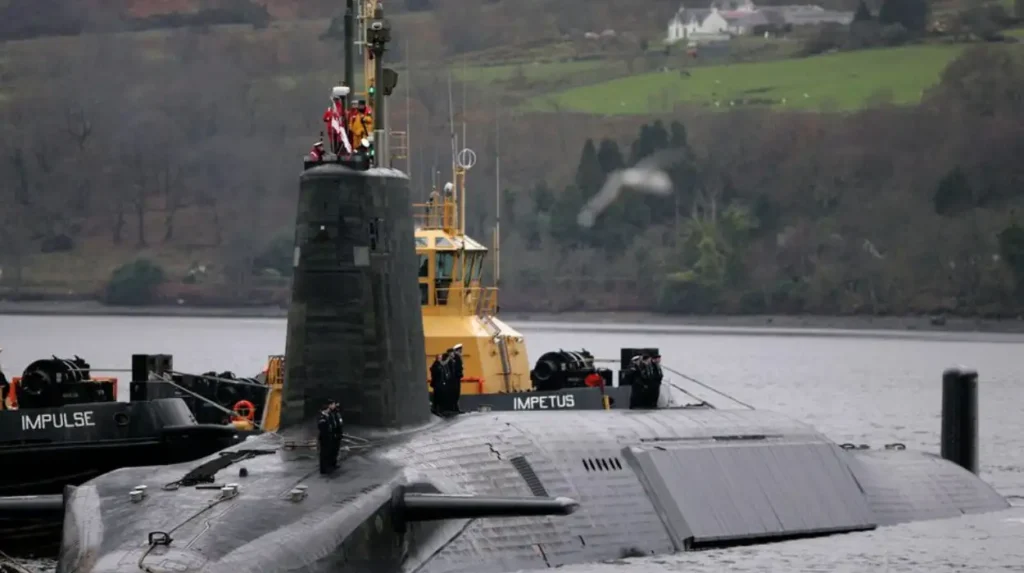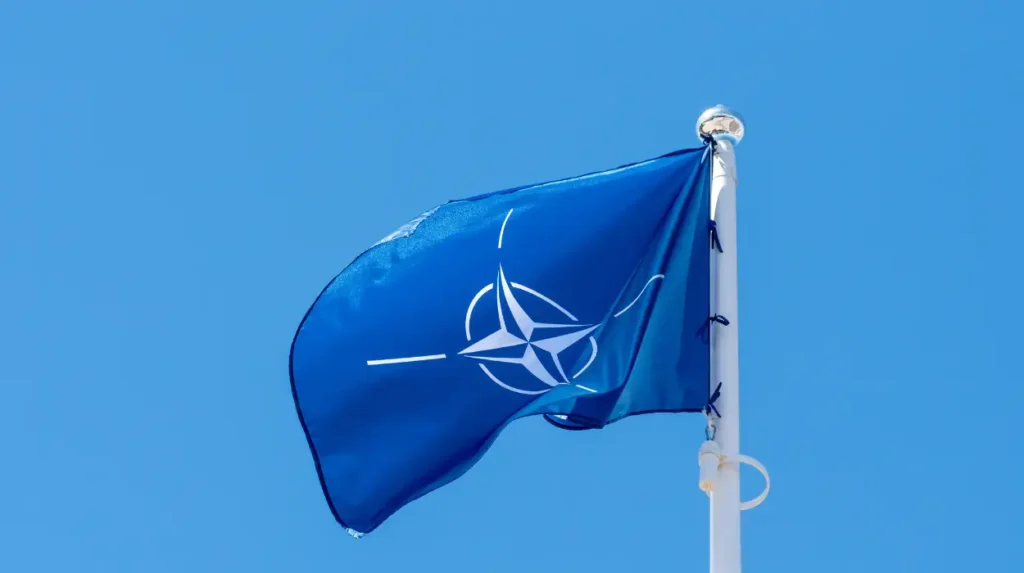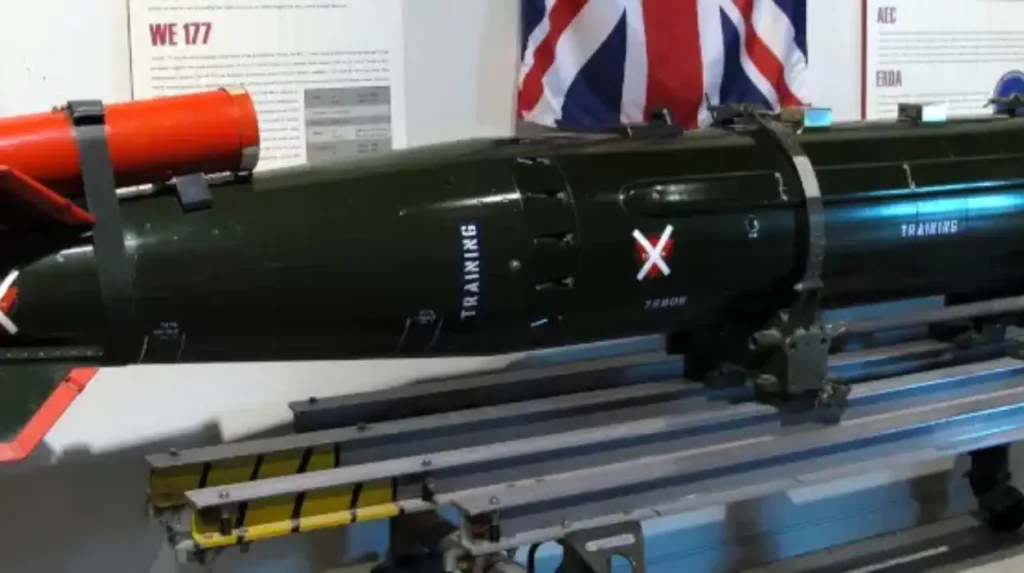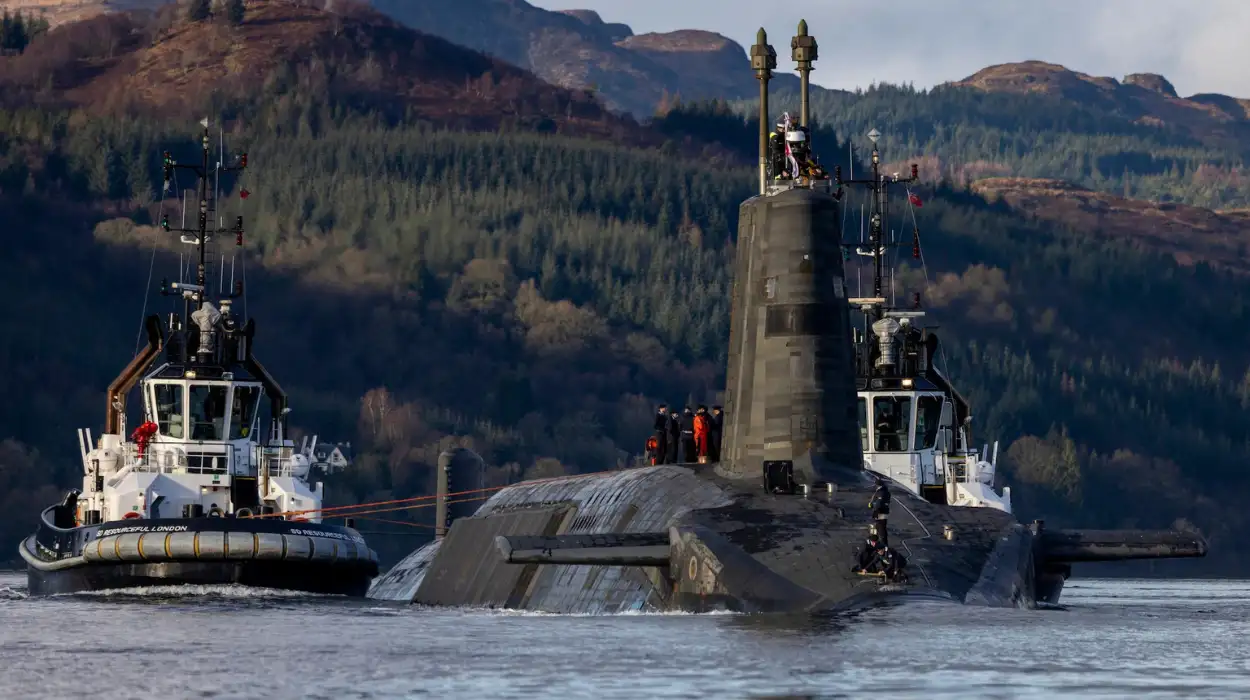The potential of a nuclear conflict between great powers is one of the most significant security concerns we have in the early 21st century. If Russia decided to launch a nuclear weapon at the United Kingdom, not only would it forever change the arrangements of global politics, but it could also lead to a rapid, coordinated military, diplomatic, and economic response from NATO.
1. NATO’s Role in Global Security
Established in 1949, NATO is a military and political alliance composed of 32 members, which include the UK and the United States. NATO’s founding principle, as articulated in Article 5 of the North Atlantic Treaty, is that an armed attack against any fellow member state is considered an attack against all fellow allies. If Russia were to launch a nuclear strike at the UK, it would invoke discussion on collective defense arrangements. NATO decisions are made through political consultation, joint military planning, and combined forces deployment towards the defense, safety, and security of each individual member state.
2. Why a Nuclear Strike on the UK Would Be a Global Crisis
The UK is not only a NATO member but also a nuclear-armed state with considerable defense capabilities. The ramifications of a Russian-launched nuclear weapon against the UK would not stop with loss of life and destruction; there would also be a humanitarian disaster, loss of national life, a long-term environmental impact, and severe economic shocks across the global economy, including the collapse of markets and the disruption of domestic and international supply chains. International relations would be fractured beyond repair, with even neutral states being forced to take sides.
3. Immediate Impact of a Nuclear Detonation in the UK
During the first moments following a nuclear strike, the nuclear blast destroys everything, depending on the yield of the weapon and the size of the blast zone. Near the center of impact, temperatures could reach millions of degrees, destroying buildings, vehicles, and people before they were even aware something was happening to them. In the area just beyond the immediate blast, radiation would infect the land, water, and air through atmospheric transfer.
Victims and survivors in this area are likely to suffer extreme burns and radiation disease in the aftermath of the immediate event, coupled with a collapse of the infrastructure, which means that providing emergency medical treatment to patients will be difficult if even possible on a large scale.
4. The UK’s Nuclear Deterrence Policy Would Influence the Response
The UK has its own nuclear deterrent based on its submarines carrying Trident II D5 missiles. This gives the UK some assurance that it can always retaliate with massive force, even if it is attacked. If Russia decided to use nuclear weapons, the UK government would give immediate consideration to a counterstrike. However, the government would not take this decision lightly and would coordinate a common military and political response with its NATO allies, including the United States and France.

5. NATO’s Decision-Making Process After a Nuclear Attack
The NATO Council would call for an emergency meeting after a nuclear weapon was used on a NATO member state like the UK. All member states would discuss the nature of the attack and the extent of the damage, and all NATO states would decide how to react. The Council would then invoke Article 5, obligating all members of NATO to take action. All NATO leaders would agree on the nature and implementation of the response.
The decision-making process would happen very quickly, generally within hours; NATO leaders would not want to wait for an extended period of time to take action for fear of additional aggression. Military planners would include both (nuclear and conventional military responses) to create strategic and tactical options for responding to increased aggression.
6. Possible NATO Military Responses
The scale of a Russian attack would determine NATO’s military option capabilities. Options could include:
- Conventional Military Options: This could include bombing or strike operations against Russian military bases, missile launch sites, and strategic assets.
- Nuclear options: Here, the NATO nuclear stockpile (in particular the US, UK, and French stockpiles) may be employed as an equivalent response.
- Air and naval blockades: NATO could impose limits on accessibility by Russia to sea routes and airspace. This could include restrictions of point-to-point, port-to-port, or access to sea and air routes to apply military and non-military pressure on Russia’s economy.
- Cyber-warfare: NATO undertakes large-scale cyber warfare to disrupt Russia’s command and control capabilities or interrupt infrastructure operations.
These would most likely be done in combination with intelligence sharing and operations at the NATO force level.

7. The Role of the United States in the Response
The US is NATO’s most capable member and has the most extensive nuclear arsenal of NATO members. A nuclear response to the UK would require US leadership. The US would lead NATO’s military strategy, as it typically does, while potentially committing to using strategic bombers, missile defense systems, and submarines. The US president and the other NATO leaders would need to decide what type of response would be necessary to deter a response. Would they respond in kind with nuclear weapons? Or would they seek to punish Russia militarily without moving towards full-scale nuclear war through the exercise of massive conventional force.
8. Diplomatic Actions and International Pressure
In addition to military options, NATO and its partners would commence a strong diplomatic campaign. The Security Council of the United Nations would hold an emergency session, although the Kremlin could block direct action with its veto. However, there would be substantial international condemnation from countries that are not members of NATO to severely isolate Russia politically and economically. Countries like China and India, which have complex relations with NATO and Russia, would also feel pressure to state a position.
9. Nuclear Deterrence and Mutually Assured Destruction Theory
The notion of mutual deterrent threat, known as mutually assured destruction (MAD), is preemptively built into modern nuclear strategy. The basic premise is that two nuclear powers facing off against each other in an unprovoked attack would both incur an unacceptable loss, making the attack irrational.
If Russia abrogates this rule by directly attacking the UK, the deterrent system that has enforced nuclear peace since World War II would be materially undermined. NATO would need to respond quickly to restore the credibility of the mutually assured destruction system and hope to ease any future attacks.
9. Nuclear Deterrence and Mutually Assured Destruction Theory
The notion of mutual deterrent threat, known as mutually assured destruction (MAD), is preemptively built into modern nuclear strategy. The basic premise is that two nuclear powers facing off against each other in an unprovoked attack would both incur an unacceptable loss, making the attack irrational.
If Russia abrogates this rule by directly attacking the UK, the deterrent system that has enforced nuclear peace since World War II would be materially undermined. NATO would need to respond quickly to restore the credibility of the mutually assured destruction system and hope to ease any future attacks.
10. Public Communication and Managing Panic
Governments would also have to manage public panic in the event of a nuclear strike. Simultaneously, NATO and UK government officials would have to provide truthful and accurate information about public safety, evacuation routes, and medical aid. Controlling panic is critical to managing people and keeping order, particularly when key infrastructure and communications are degraded and global connectedness has faltered. It would be vital to engage social media platforms and ascertain official lines of governmental communication.

11. Long-Term Security Implications
If Russia were to use nuclear weapons on the UK state, the security environment for the world would change forever. Trust between nuclear powers would disappear into thin air. Subsequently, new arms races would begin, and countries that do not rely on nuclear weapons would look to develop them as part of their security regime. International treaties such as the Non-Proliferation Treaty could cease to be relevant. The balance of power in Europe and beyond would diverge, and the role of military coalitions would be paramount to the thinking of national defense strategy.

